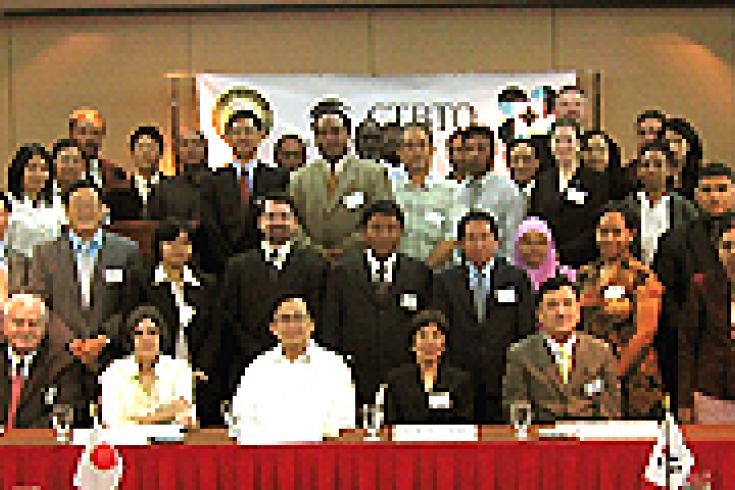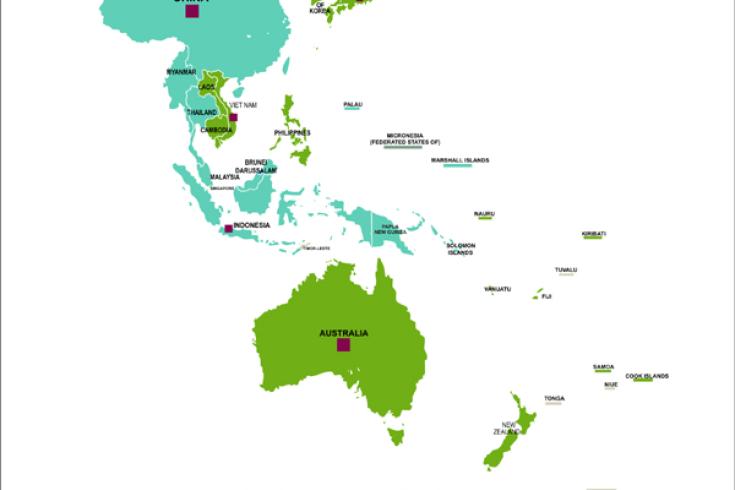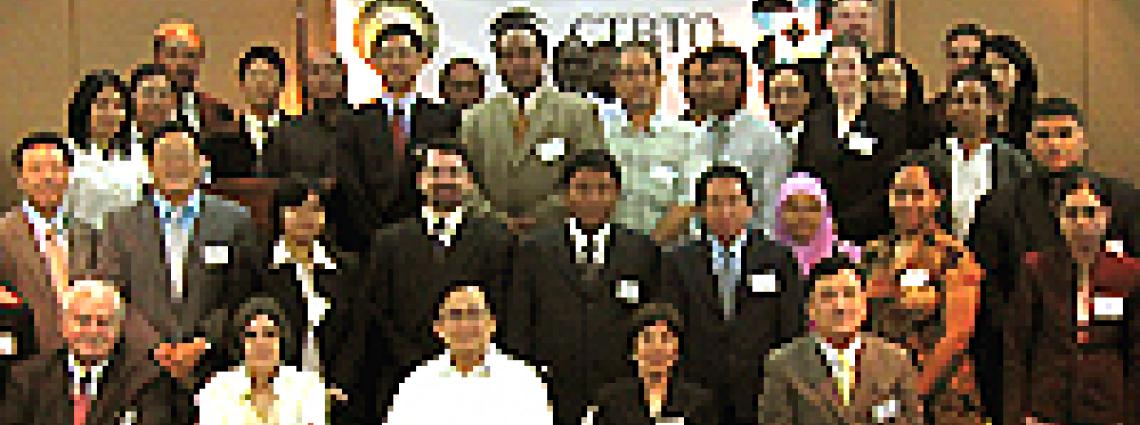Citing former US President Bill Clinton's comment that the CTBT has been the "longest sought, hardest fought prize in the history of arms control", Jerzy Zaleski, of the UN Office for Disarmament Affairs (UNODA) noted that, "by concluding the Treaty in 1996, States demonstrated their determination to put an end to over 50 years of nuclear testing, a period that witnessed over 2,000 test explosions." Mr Zaleski stressed the importance of universality, urging all States that had not yet done so to sign and/or ratify the Treaty without delay and emphasizing that such workshops were an effective tool to this end.
The Honorable Evan P. Garcia, Representative of the Philippine Department of Foreign Affairs to the UN and International Organizations, said in his welcome address that it was important to sustain the momentum. "Our journey has been long and arduous, but it does not stop until the CTBT enters into force. The longer we delay it, the longer we all court the unthinkable threats posed by the proliferation, testing and possible use of nuclear weapons."
In the words of Mr Ziping Gu, CTBTO Director of Legal and External Relations, this workshop aimed to "enhance awareness of CTBT-related work and assist States in obtaining benefits from the work of the Commission". It focused on three key issues: the political significance of the Treaty; verification technologies and capacity building; and civil and scientific applications, including tsunami warning systems, for States Signatories.
Political significance: The importance of the SEAPFE region in relation to nuclear non-proliferation and disarmament is illustrated by the fact that two of the five existing Nuclear Weapon Free Zones have been established there. As long ago as 1985, the Pacific Island Forum's member countries introduced the concept of a South Pacific Nuclear Free Zone in their Rarotonga Treaty. Then in 1995, with the signing of the Bangkok Treaty, the Southeast Asia Nuclear-Weapon-Free Zone (SEANWFZ) was created, including all ten ASEAN Member Countries. Mr Garcia, in his address, encouraged Nuclear Weapons States to sign the Protocol of this Treaty, which symbolizes ASEAN's collective determination to achieve complete nuclear disarmament.


